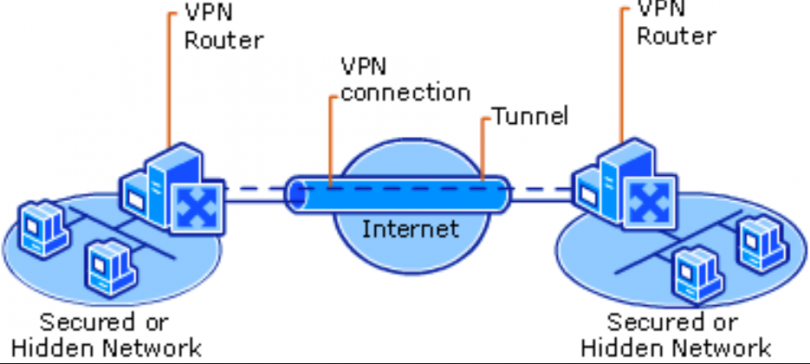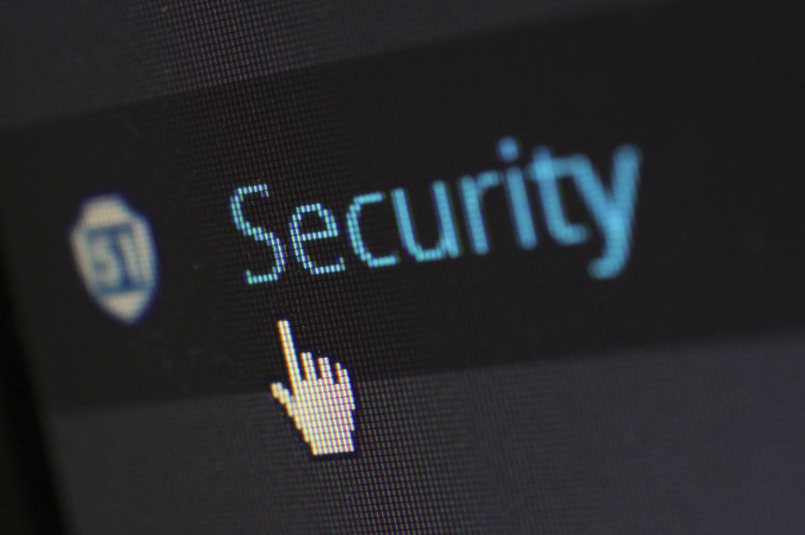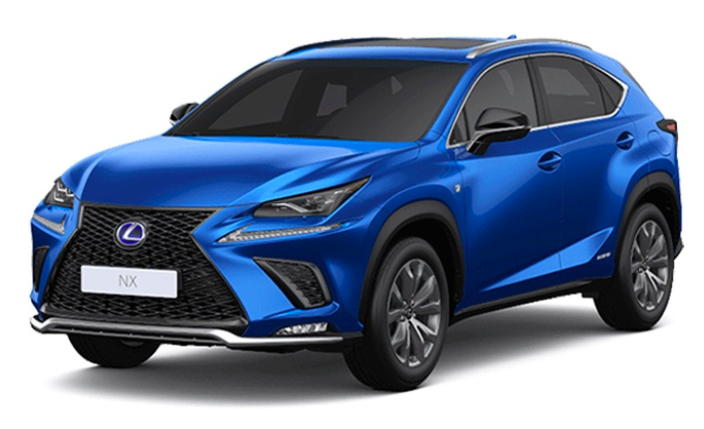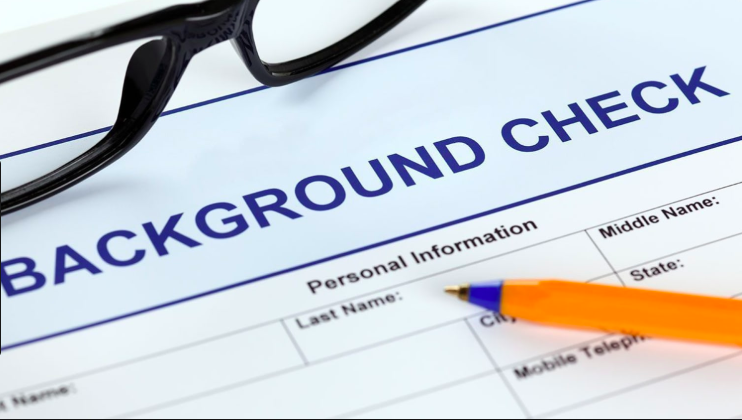Virtual Private Networks (VPNs) are gaining all kinds of traction. More people know about them, and more people are using them. And as the internet diversifies, they’re becoming an increasingly great way to stay private and protected online.
New to the virtual private networking party? No problem. Here’s a quick re(introduction) to how VPN works.
Essentially, you use a VPN so that you can connect your computer to another computer through a private tunnel. This tunnel is secured on both sides, so instead of using the standard route between your PC or smartphone, whenever you go online, the VPN uses that tunnel to reach your online destination.
And because your tunnel is end-to-end encrypted (encrypted only at the start site and end site) your PC and web pages are the only things that know you’re there.
Your provider can’t see past a general data level, so they can’t see your activity. So they can’t sell your activity. Sounds pretty great, right?
VPNs can be used by individuals, businesses or organizations. They secure both broadband and internet hotspots. Besides protecting your activity from being sold to advertising companies, you can also trick your device into registering as “overseas,” if, for instance, you wanted to watch BBC streaming. It can also protect your freedom of speech: Keeping your employer from finding out that you have radically different views on a topic that’s touchy.
VPNs also protect you from hackers. Most of us enjoy an occasional jaunt to the local coffee shop, and many of us travel for business. Both those things involve connecting to a public network, which puts you at risk of having passwords and other private information stolen. A VPN guards you from that threat, and it can also protect you from malware and con tricks.
![]() Although you can’t remain entirely anonymous using a VPN, it still enables you to take back quite a bit of internet control. Many people are unsettled by how much power our ISPs have, so this is a great way to pull a lot of that power back into your court. There are over 400 different VPN services, and many of them specialize in different aspects of VPN pros. So if you’re looking for that overseas internet connection, there’s a VPN service better suited to your needs, and the same goes for someone looking for a more private connection. It’s something to look into before purchase, so a list detailing the best VPN services is a must when it comes to getting control of your data.
Although you can’t remain entirely anonymous using a VPN, it still enables you to take back quite a bit of internet control. Many people are unsettled by how much power our ISPs have, so this is a great way to pull a lot of that power back into your court. There are over 400 different VPN services, and many of them specialize in different aspects of VPN pros. So if you’re looking for that overseas internet connection, there’s a VPN service better suited to your needs, and the same goes for someone looking for a more private connection. It’s something to look into before purchase, so a list detailing the best VPN services is a must when it comes to getting control of your data.
Image: MS Technet.













